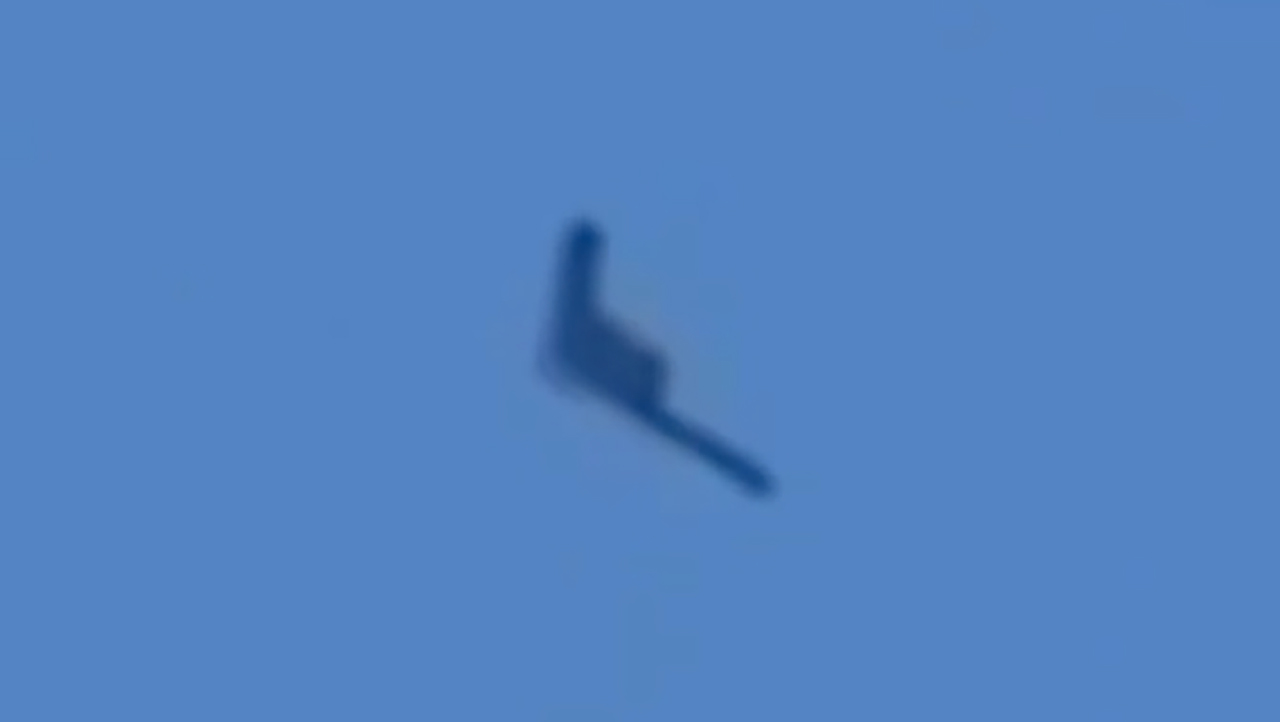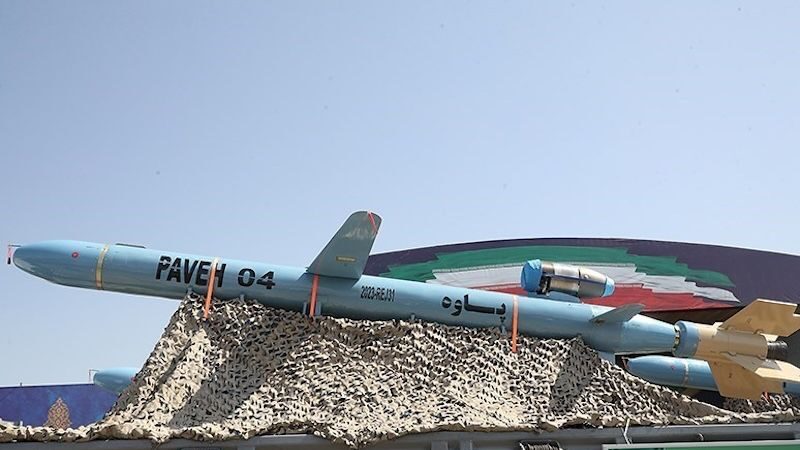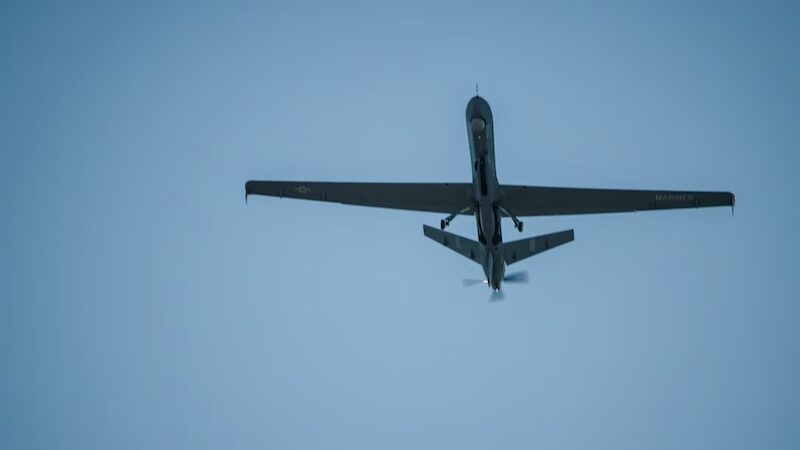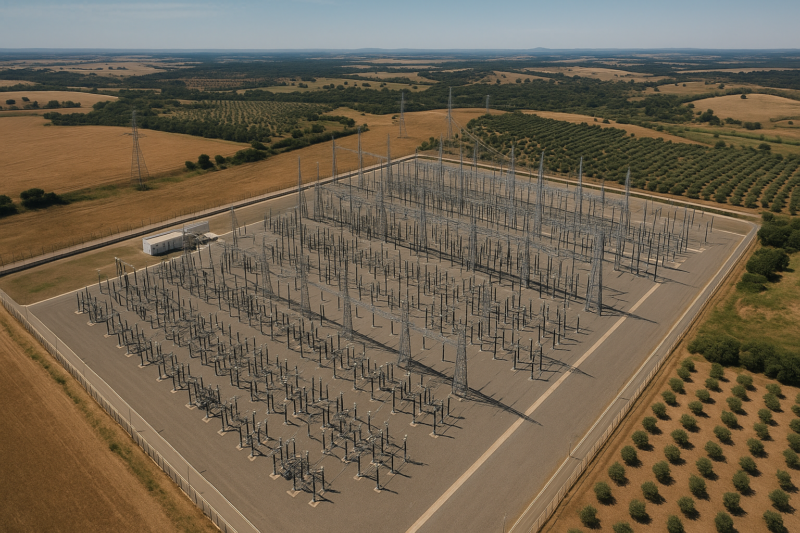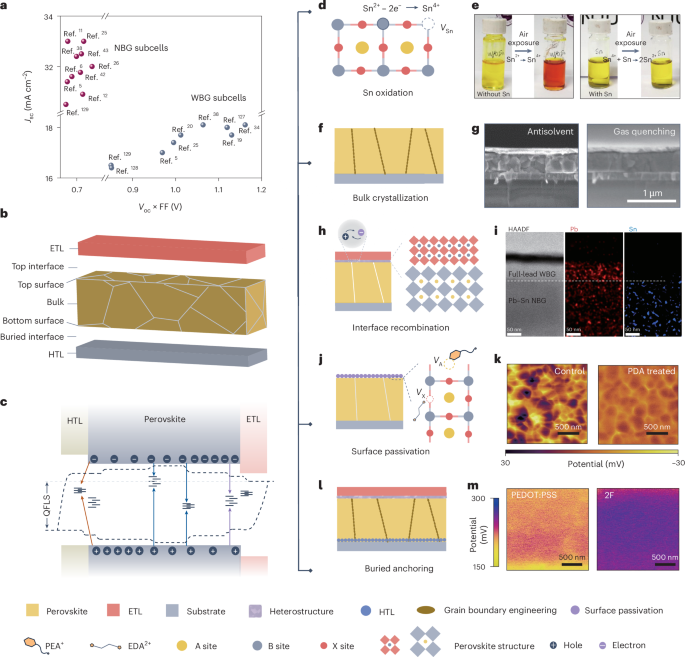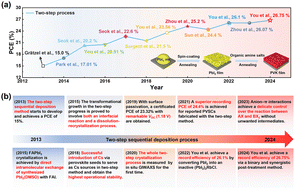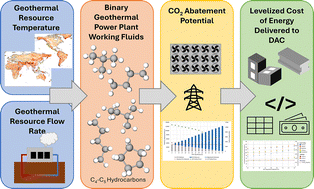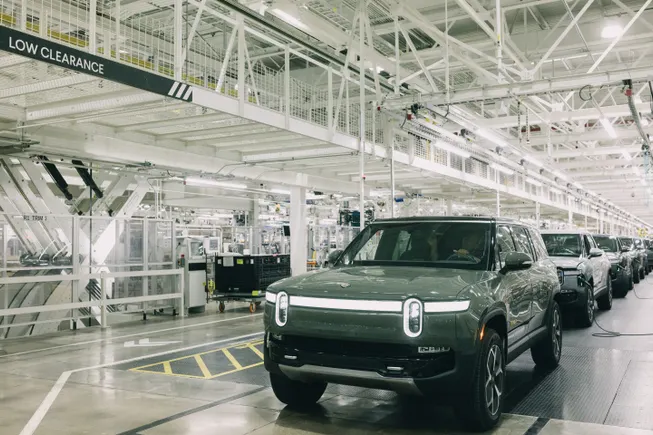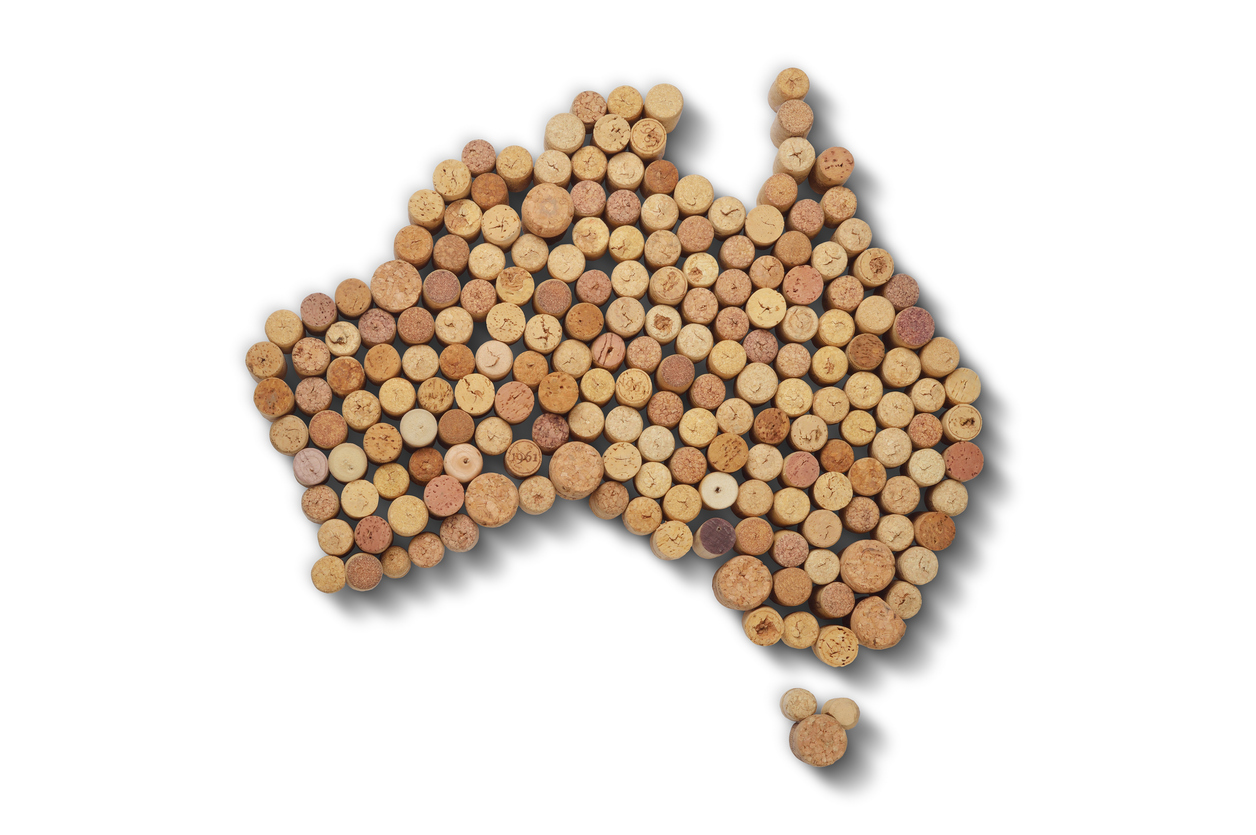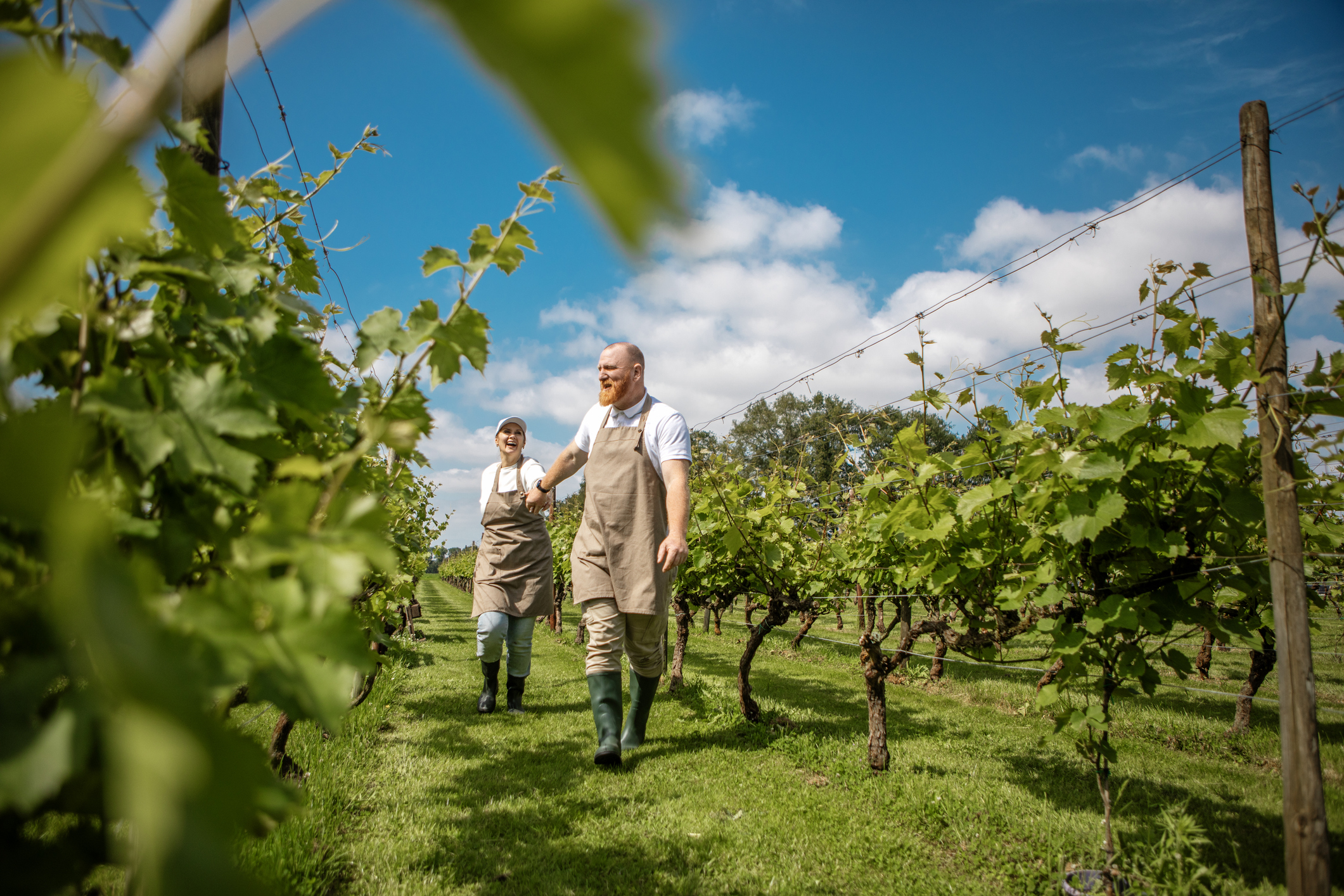After months of uncertainty and bureaucratic hurdles, it looks like Italian producers have got the go-ahead to begin producing de-alcoholised wines on home soil.
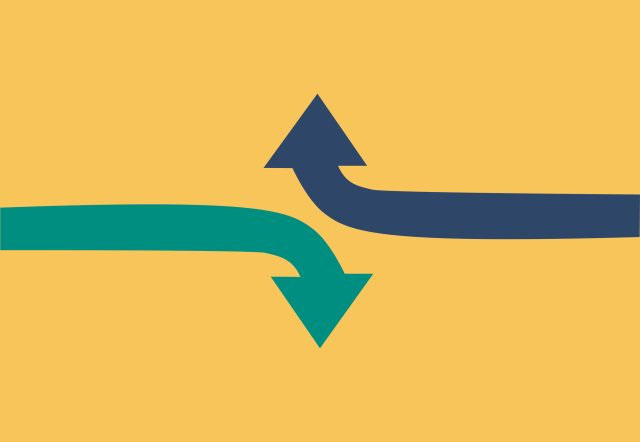
In late 2024, Italy's minster of agriculture, Francesco Lollobrigida,
permitted Italian wine to be marketed as 'wine' even if its alcohol had been removed – if the ABV was below 0.5%, it could be deemed 'de-alcholised', whereas between 0.5% and 8.5%, it would be considered 'partially de-alcoholised'.
This marked a major u-turn of Lollobrgida's own views expressed during Vinitaly 2024.
However,
progress hit a snag in the form of fiscal rules from the Ministry of Economy and Finance (MEF) which conflicted with the proposals of the Ministry of Agriculture, Food Sovereignty and Forests (MASAF). Had this not been ironed out, producers would have had to wait until next year to be able to being the production of these wines in Italy, as opposed to outsourcing the de-alcoholisation process abroad.
After pressure from Italy's leading wine trade body, Unione Italiana Vini (UIV), the tangle of red tape now appears to have been resolved.
Paolo Castellati, UIV general secretary, commented last week: "The approval of yesterday's [13 June] fiscal decree-law has broken the deadlock on de-alcoholised wines, which risked continuing until 2026. Now the Ministries of Economy and Agriculture will be able to work immediately on the inter-ministerial decree that will define the conditions and fiscal authorisations relating to the production of de-alcoholised wines also in Italy. In appreciating what was established yesterday, UIV hopes for a prompt response from the two ministries responsible in order to implement a decree that the sector has been waiting for for some time."
'A crucial development'
Among the big Italian wine businesses eager to make the most of the market for de-alcoholised wine is Zonin 1821, which has invested in its production of no- and low-alcohol drinks, such as Zonin Zero.
Zonin 1821 Group president Domenico Zonin told
the drinks business: "Thanks to the new regulation, Italian producers will now have the opportunity to produce and market de-alcoholised wine. This is a crucial development: considering the growing trend in consumer demand, it is important that our country and its wine companies can capitalise on this phenomenon — not only to continue interpreting and evolving the Italian winemaking tradition, but also to avoid losing competitive ground to other countries, such as Spain and Germany, where production has been allowed for years."
"With the implementation of rules on low-alcohol wine, Italian producers will be able to further diversify their wine offerings by introducing innovative products into their portfolios. Until now, de-alcoholised wine production was technically allowed for Italian producers, but the de-alcoholisation process had to be carried out in third countries where the practice was permitted – significantly impacting production costs and retail pricing," Zonin continued.
"Another key aspect of the regulation," he added, "is the clear and transparent definition of what 'de-alcoholised' means – when the actual alcohol content is below 0.5% by volume – and 'partially de-alcoholised', when the alcohol content is above 0.5% but below the minimum threshold for the wine category prior to de-alcoholisation. One of the regulation’s main strengths is that it protects consumers through safe, transparent production standards and clear labelling – ensuring people know exactly what they are buying
and consuming."
Market value
Zonin suggested the de-alcoholised wine represents "an evolution of our company’s cultural heritage, reinterpreted to meet the new needs of today’s consumers".
"During the first two years following its launch [at Vinitaly 2023], our de-alcoholised wine found its main markets in Europe, particularly the Baltic countries, Germany, Austria, and the UK. In 2024, distribution also began in other strategic markets such as the US and Canada. For 2025, we anticipate a positive growth trend supported by increasing distribution and shelf presence," said Zonin.
According to the findings of the UIV-Vinitaly Observatory, Italy's no- and low-alcohol market is currently worth just €3.3 million, but that will increase almost five-fold to €15m in the next four years.
"In Italy, we are seeing growing interest from large-scale retail partners," noted Zonin, "a curiosity that suggests potential growth opportunities in the domestic market as well."
Another factor which has played a role in increasing interest in the category has been
Italy's much stricter new laws surrounding drink driving, with 46% of Italians surveyed saying that they intend to modify their drinking and socialising habits as a result.

 In late 2024, Italy's minster of agriculture, Francesco Lollobrigida, permitted Italian wine to be marketed as 'wine' even if its alcohol had been removed – if the ABV was below 0.5%, it could be deemed 'de-alcholised', whereas between 0.5% and 8.5%, it would be considered 'partially de-alcoholised'. This marked a major u-turn of Lollobrgida's own views expressed during Vinitaly 2024.
However, progress hit a snag in the form of fiscal rules from the Ministry of Economy and Finance (MEF) which conflicted with the proposals of the Ministry of Agriculture, Food Sovereignty and Forests (MASAF). Had this not been ironed out, producers would have had to wait until next year to be able to being the production of these wines in Italy, as opposed to outsourcing the de-alcoholisation process abroad.
After pressure from Italy's leading wine trade body, Unione Italiana Vini (UIV), the tangle of red tape now appears to have been resolved.
Paolo Castellati, UIV general secretary, commented last week: "The approval of yesterday's [13 June] fiscal decree-law has broken the deadlock on de-alcoholised wines, which risked continuing until 2026. Now the Ministries of Economy and Agriculture will be able to work immediately on the inter-ministerial decree that will define the conditions and fiscal authorisations relating to the production of de-alcoholised wines also in Italy. In appreciating what was established yesterday, UIV hopes for a prompt response from the two ministries responsible in order to implement a decree that the sector has been waiting for for some time."
In late 2024, Italy's minster of agriculture, Francesco Lollobrigida, permitted Italian wine to be marketed as 'wine' even if its alcohol had been removed – if the ABV was below 0.5%, it could be deemed 'de-alcholised', whereas between 0.5% and 8.5%, it would be considered 'partially de-alcoholised'. This marked a major u-turn of Lollobrgida's own views expressed during Vinitaly 2024.
However, progress hit a snag in the form of fiscal rules from the Ministry of Economy and Finance (MEF) which conflicted with the proposals of the Ministry of Agriculture, Food Sovereignty and Forests (MASAF). Had this not been ironed out, producers would have had to wait until next year to be able to being the production of these wines in Italy, as opposed to outsourcing the de-alcoholisation process abroad.
After pressure from Italy's leading wine trade body, Unione Italiana Vini (UIV), the tangle of red tape now appears to have been resolved.
Paolo Castellati, UIV general secretary, commented last week: "The approval of yesterday's [13 June] fiscal decree-law has broken the deadlock on de-alcoholised wines, which risked continuing until 2026. Now the Ministries of Economy and Agriculture will be able to work immediately on the inter-ministerial decree that will define the conditions and fiscal authorisations relating to the production of de-alcoholised wines also in Italy. In appreciating what was established yesterday, UIV hopes for a prompt response from the two ministries responsible in order to implement a decree that the sector has been waiting for for some time."







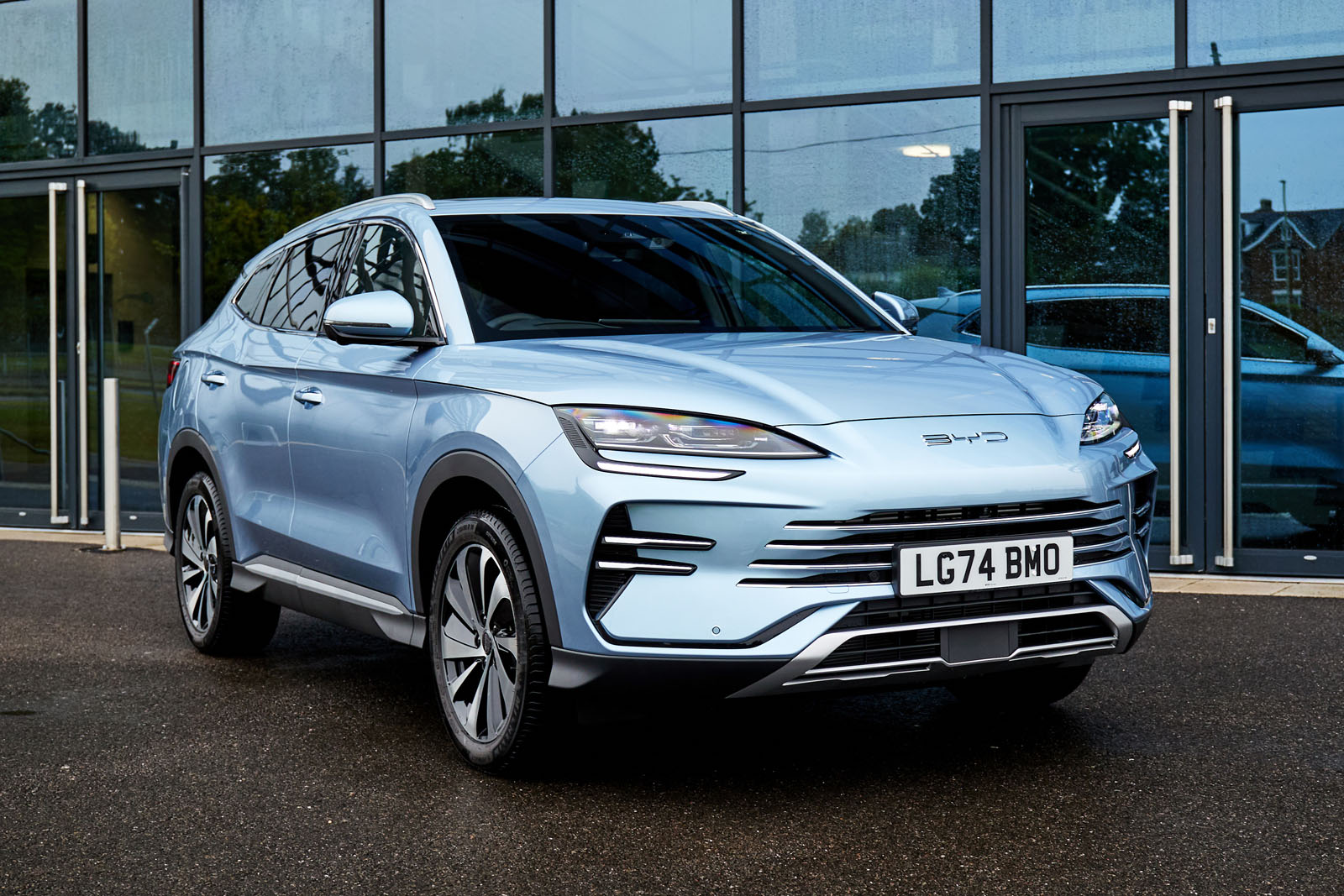




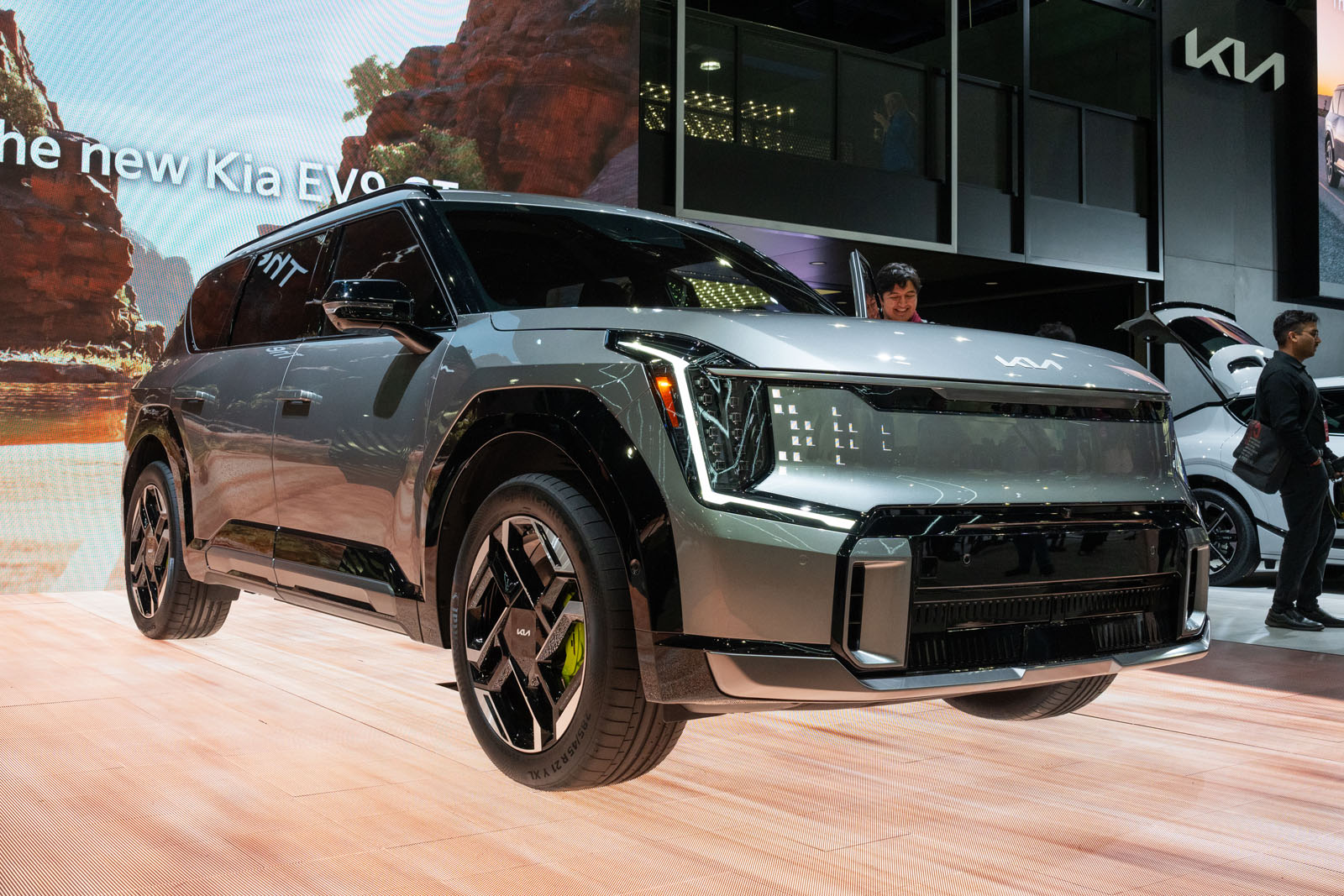












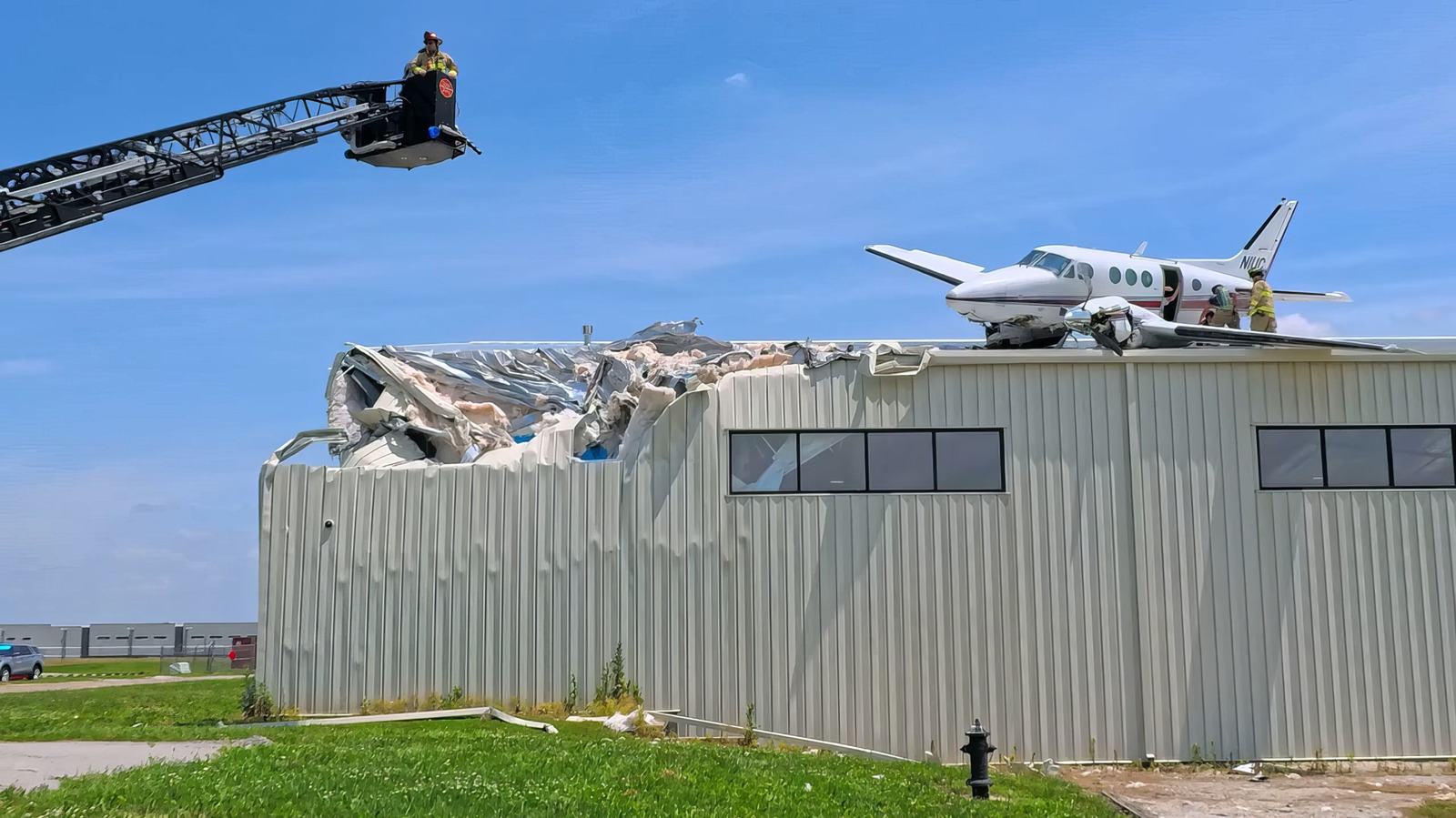
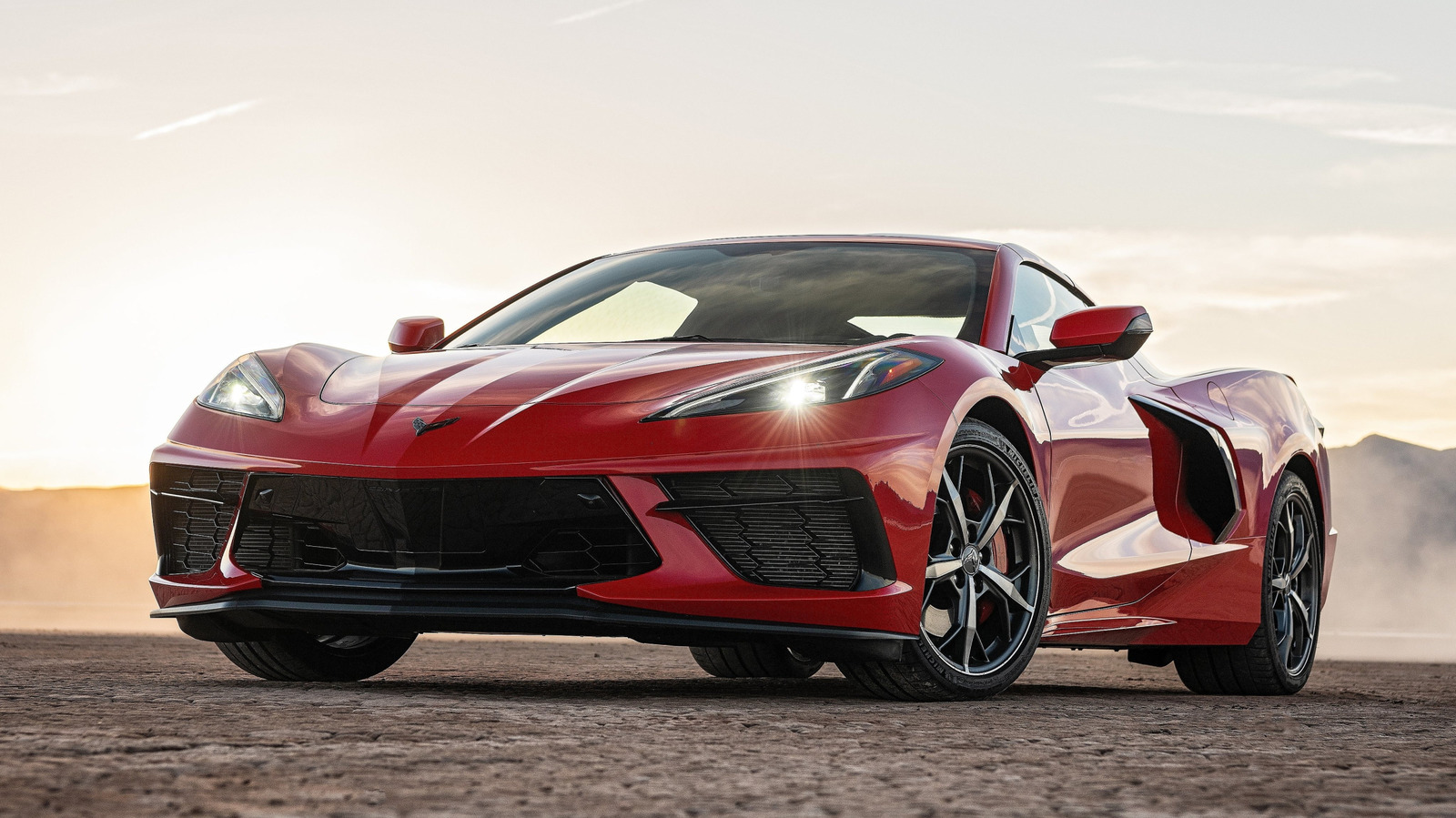
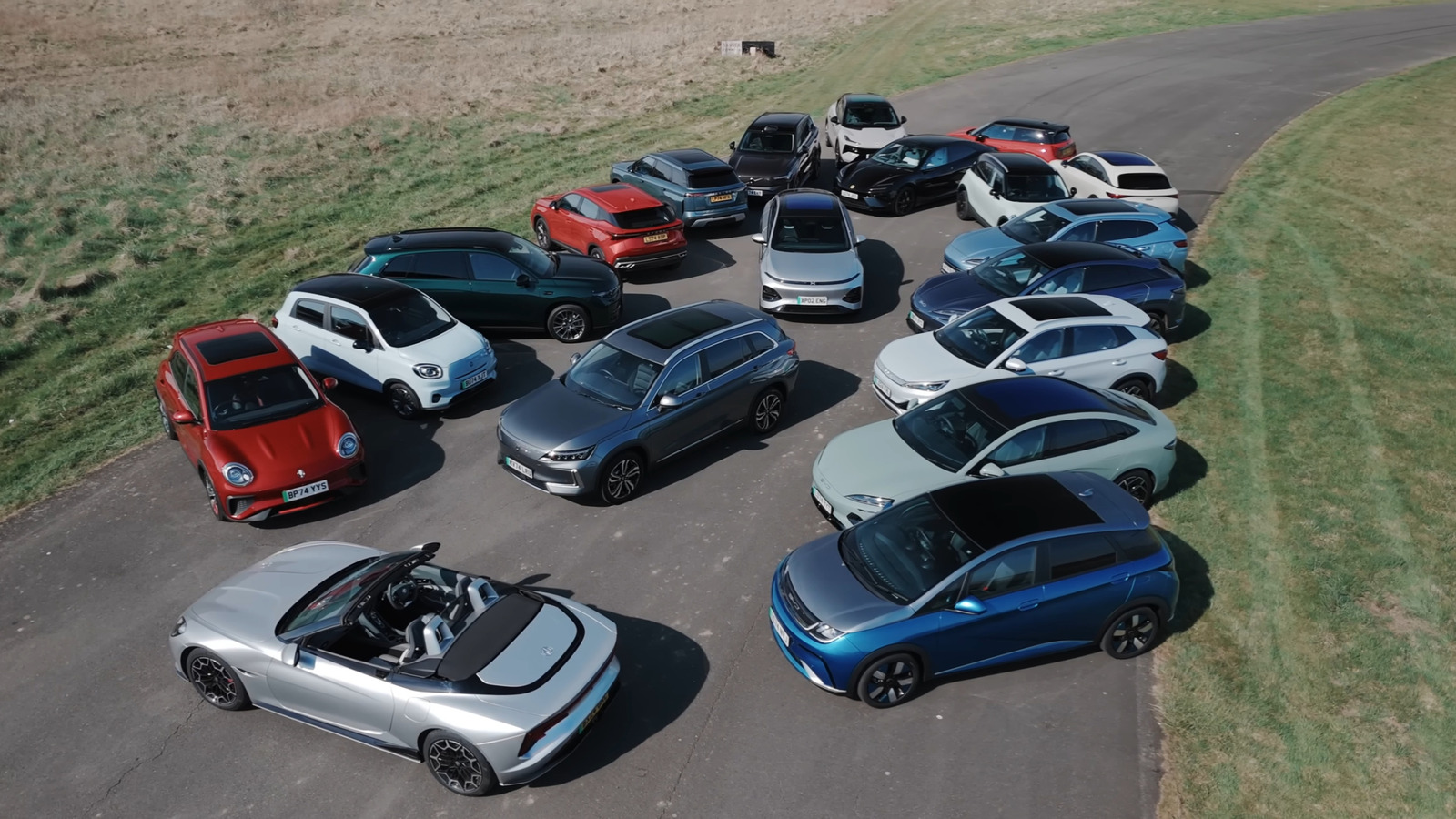
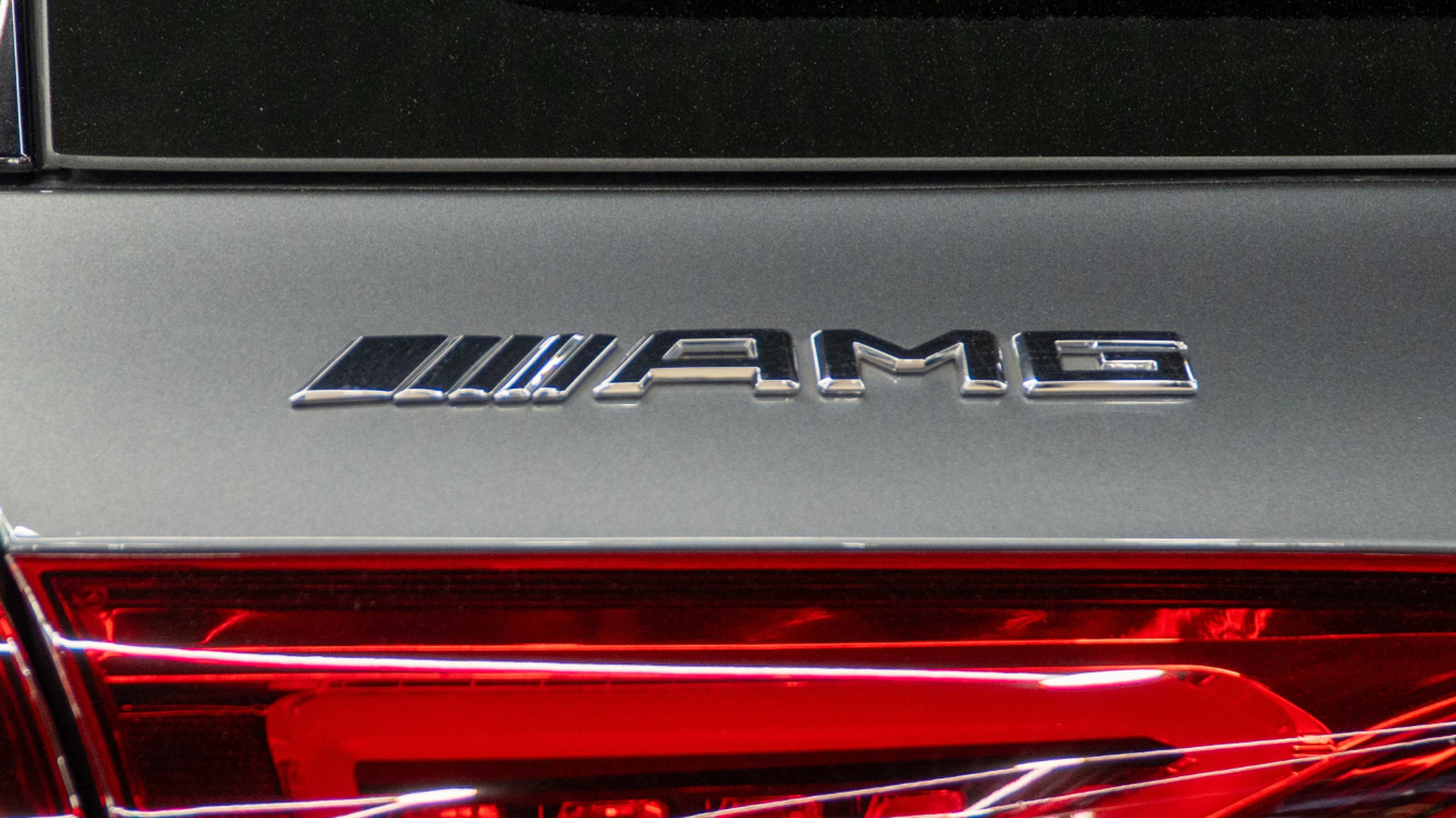















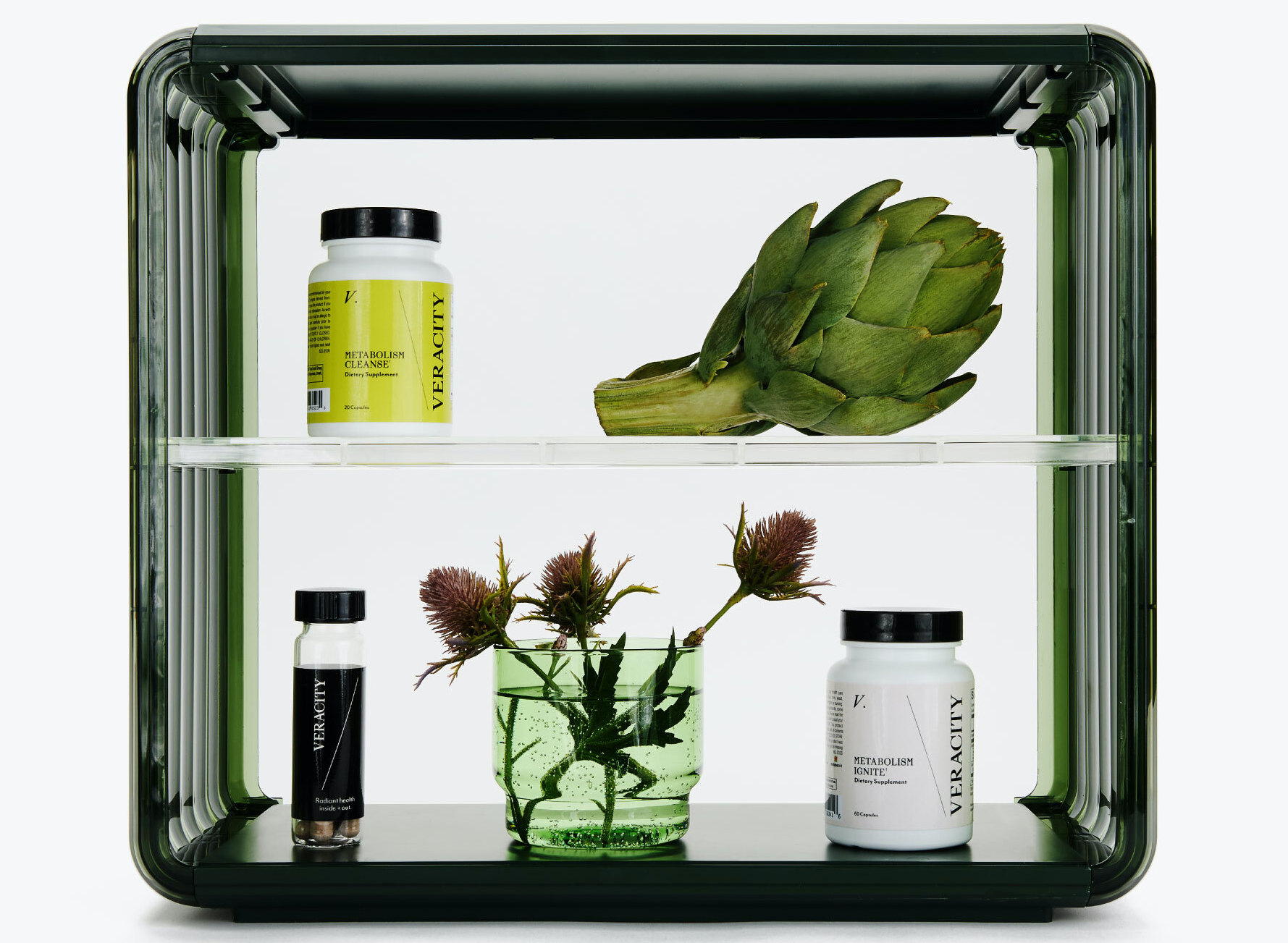
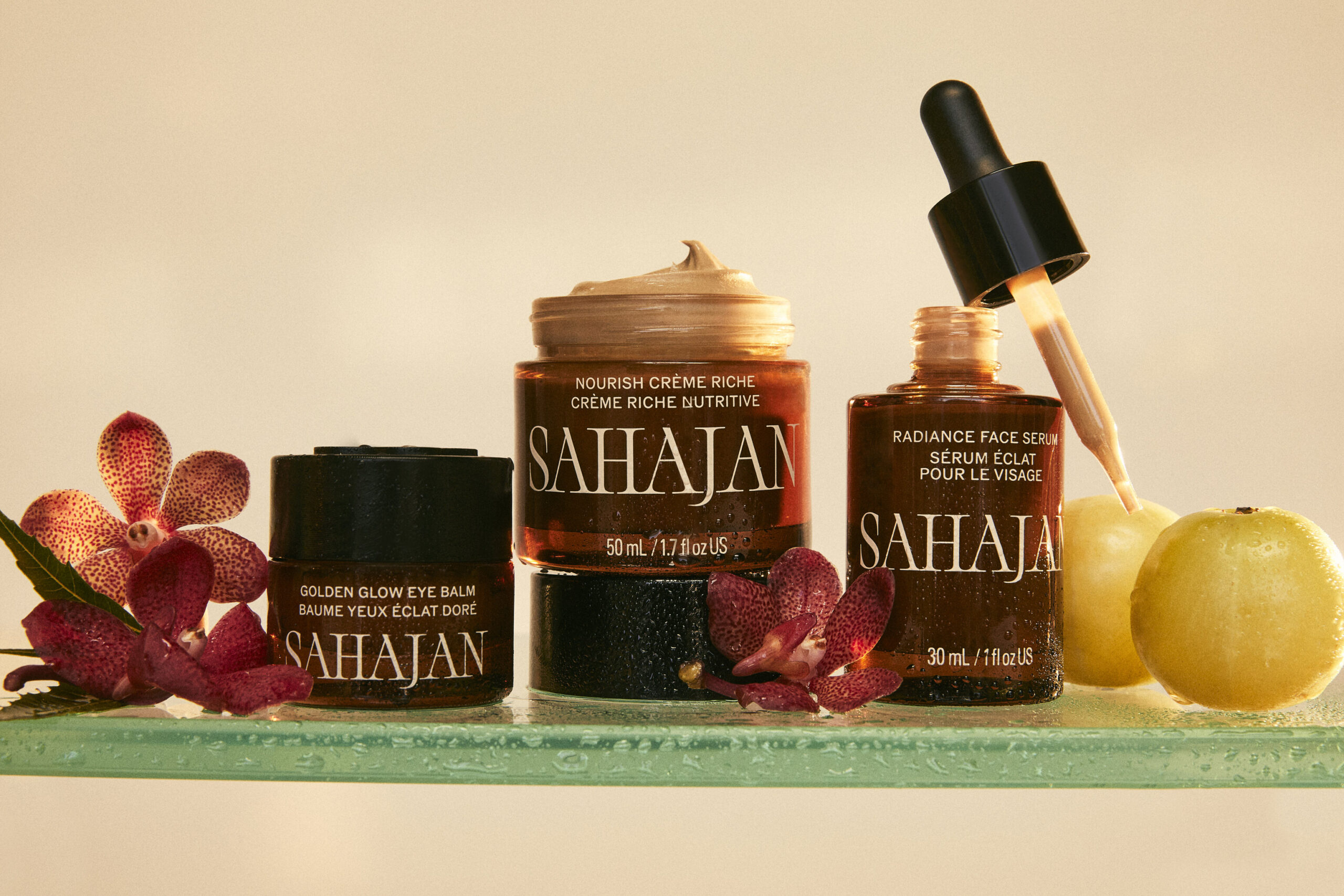











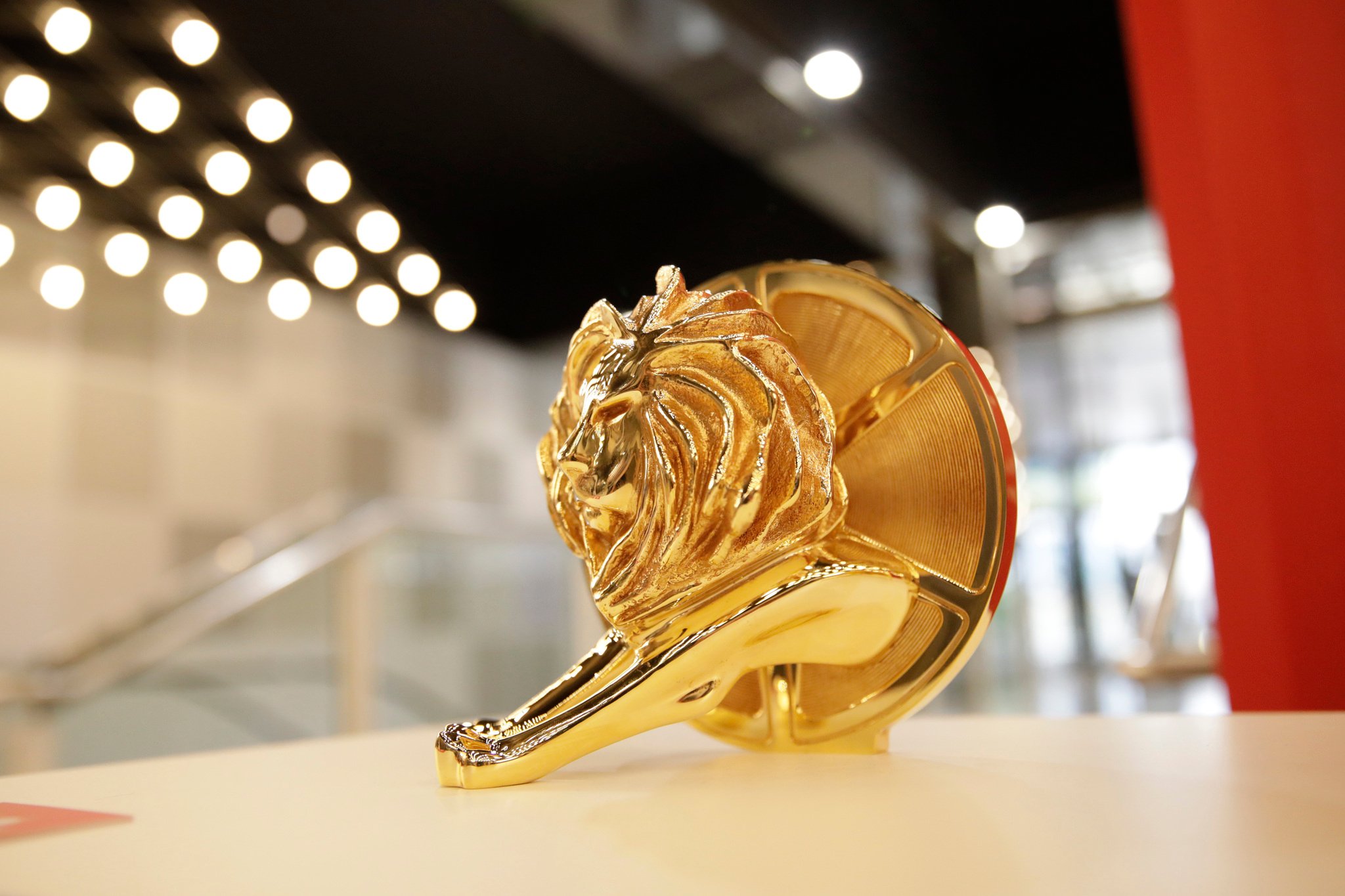


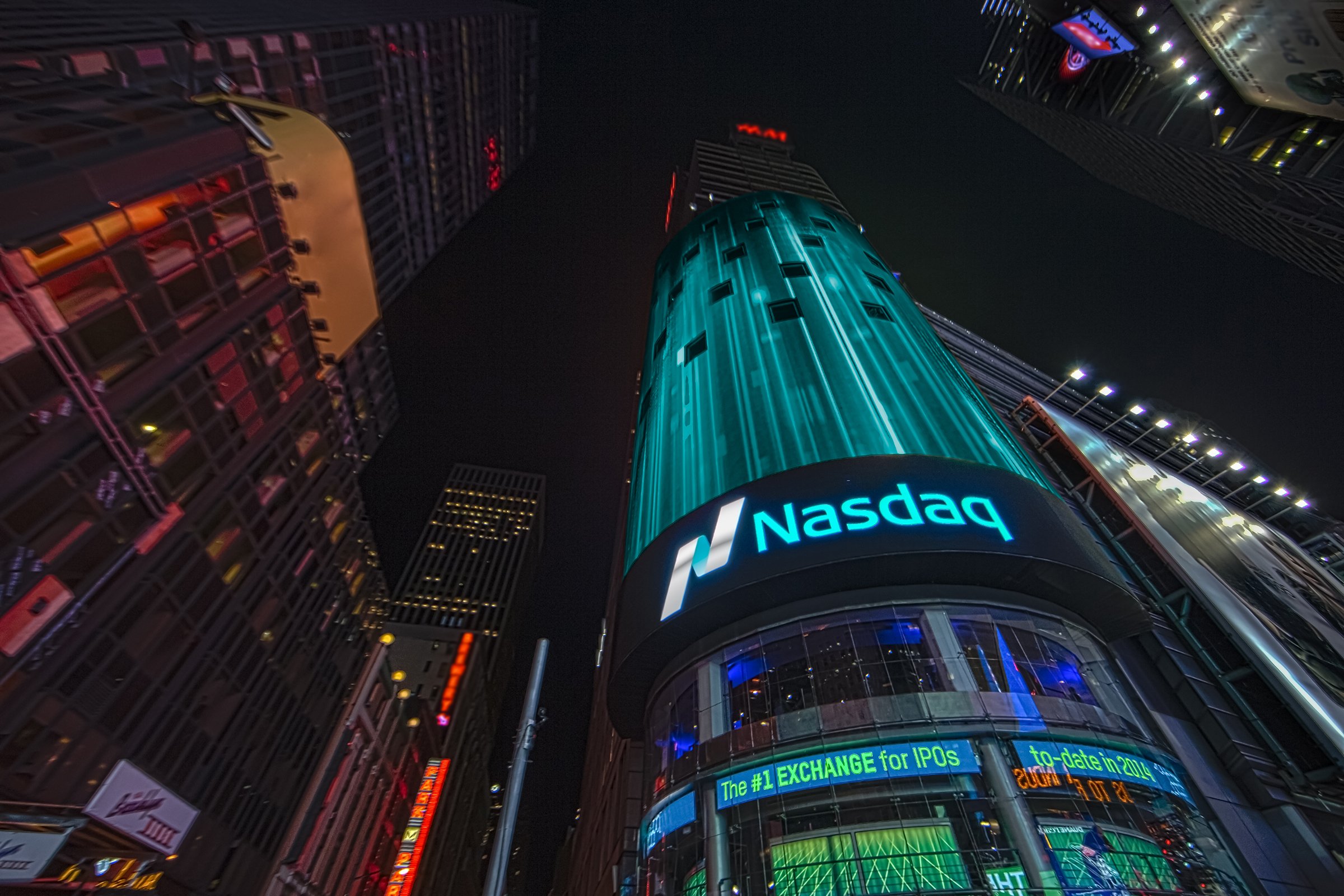






















![The American contingent and Turkey’s autonomy goals: Paris Air Show Day 3 [Video]](https://breakingdefense.com/wp-content/uploads/sites/3/2025/06/Wednesday-Wrap.00_00_32_21.Still001.png?#)
![A look at the jets flying high above the Paris Air Show [PHOTOS]](https://breakingdefense.com/wp-content/uploads/sites/3/2025/06/Rafale_02-scaled-e1750268097167.jpg?#)












